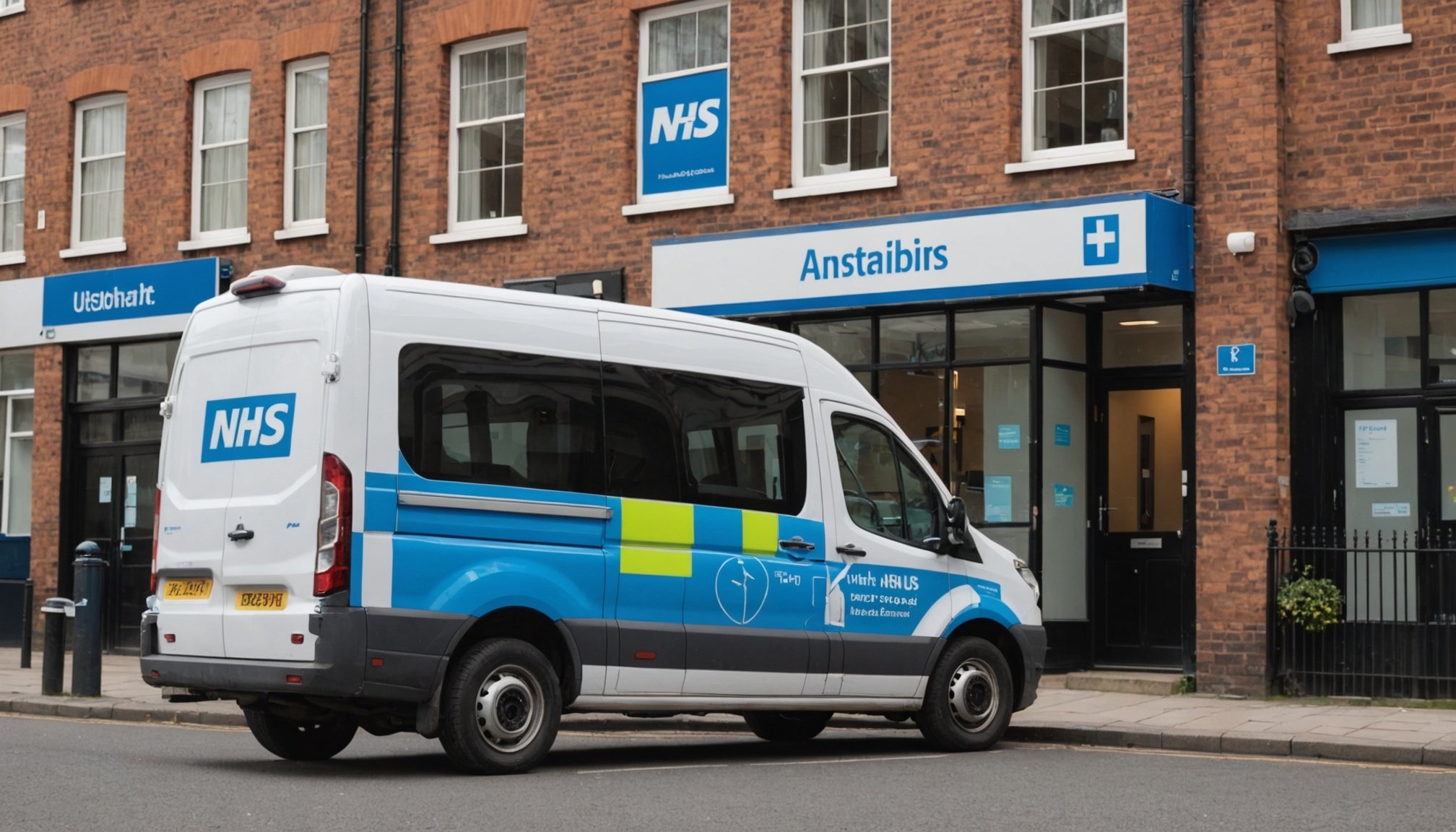Changing your address with the NHS when you’re moving to a new city in the UK is an important step in maintaining access to healthcare services. It’s also crucial for ensuring that your medical records are transferred to your new local hospital or general practice. This article will guide you through the process step by step.
Registering with a New General Practice
When you’re moving to a new city, your first point of contact with the NHS will often be your local GP, or general practice. The NHS operates through a system of local practices, each serving a specific geographical area. It’s important to register with a new practice as soon as you move, as this will allow you to access healthcare services in your new location.
Sujet a lire : How to secure valuable electronics during a home move in the UK?
To register with a new practice, you can visit the NHS website and use their service finder to locate the practices nearest to your new address. Once you’ve found a practice, contact them and ask to register as a new patient. They will provide you with the necessary forms and instructions.
Be aware that you may need to provide proof of your new address, such as a utility bill or rental agreement, as well as identification documents like a passport or driving licence. It’s good to have these documents ready when you contact the practice.
Avez-vous vu cela : Can you detail the steps to dismantle and pack a garden shed for moving in the UK?
Transferring Your Medical Records
Once you’ve registered with a new practice, your medical records will need to be transferred from your old practice. This is an essential step in ensuring continuity of care.
Your new practice will handle this transfer for you. They will contact your old practice and request a transfer of your records. This process should be seamless and you will not need to intervene.
However, it’s a good idea to tell your new practice about any ongoing treatment or health issues, to make sure these are known while the transfer is taking place. Similarly, if you’re receiving care from a hospital or other healthcare service, let them know you’re moving and give them your new contact details.
Informing Your Hospital
If you’re under the care of a hospital, it’s important to inform them of your move as well. Contact your hospital’s patient services department and tell them you’re moving. Provide them with your new address and contact details.
In many cases, your treatment can be transferred to a hospital in your new city. Your current hospital can arrange this transfer, and they will inform you of any steps you need to take.
However, there may be certain treatments or services that are only available at specific hospitals. In these cases, you might need to travel to your old city for treatment, or you could be referred to a different hospital that provides these services.
Updating Your NHS Contact Details
Finally, be sure to update your contact details with the NHS. This includes your address, phone number, and email address if applicable.
You can update your contact details by visiting your online NHS account. If you don’t have an online account, you can create one on the NHS website.
Once logged in, you can access your account settings and update your details. This will ensure that the NHS can reach you with any important health information or appointment reminders.
Conclusion
The process of moving to a new city can be stressful and packed full of tasks. But it’s important not to overlook updating your address and contact details with the NHS. This will ensure that you continue to have access to vital healthcare services and that your patient records are kept up to date.
By following the steps outlined above, you can ensure your transition is smooth and that your healthcare continues without interruption. It’s well worth taking the time to make sure everything is in order, so that you can settle into your new home with peace of mind.
Notifying Healthcare Professionals
It is essential to notify relevant healthcare professionals about your change of address. If you’re receiving treatment for any health conditions, particularly mental health, your healthcare provider should be informed about your move. This includes therapists, psychologists, psychiatrists, or any other healthcare professional who is involved in your care.
To do this, make an appointment with your healthcare professional and let them know that you are moving. Provide them with your new address and contact details. They will update their records accordingly and provide any necessary information about the continuation of your care.
In most cases, they can facilitate a smooth transition of your care to another healthcare professional in your new city. They can make recommendations, provide referrals, and transfer necessary medical records. This will help ensure that your care continues seamlessly.
If you’re dealing with mental health issues, it’s often beneficial to start with your GP. They can refer you to mental health services in your new area. Make sure to discuss any concerns about waiting times for these services, as mental health services can sometimes have long waiting lists.
If you are currently on any medication, ensure you have a sufficient supply to last until you are registered with a new practice in your new location. This is particularly important as the NHS England’s repeat prescription service may take a while to set up in your new city.
Address Change and its Implication on Your NHS England Offered Choice
Moving to a new city in the UK can affect the range of choice offered to you by the NHS. Depending on the city you’re moving to, you may have access to different hospitals, clinics, and healthcare services. As a patient in the NHS, you have the right to choose where you receive your care, including which GP you register with.
When you change your address with the NHS, it’s important to understand how this can affect your offered choice. Some areas of the UK have more healthcare resources than others, and some might offer specialised services that others do not.
Visit the NHS website to explore the choices available to you in your new location. You can search for hospitals, GP practices, dentists, and other healthcare services in your new area. Some services might require a referral from a GP, while others can be accessed directly.
In some cases, such as if you’re receiving specialised treatment, it may be necessary to travel back to your old city for care. Discuss this with your healthcare professional to understand your options and make an informed decision.
Conclusion
Changing your address with the NHS when moving to a new city is an essential task which ensures continuity in your healthcare services. By promptly registering with your local practice, updating your contact details, informing your healthcare professionals, and understanding your new NHS offered choices, you can guarantee a smooth transition. It might seem like a tedious process amidst the stress of moving, but it is vital for your health. Make sure to check the NHS website for any additional information on healthcare services in your new city and remember to keep your healthcare professionals informed. This will ensure you continue to receive the best possible care from the NHS.













